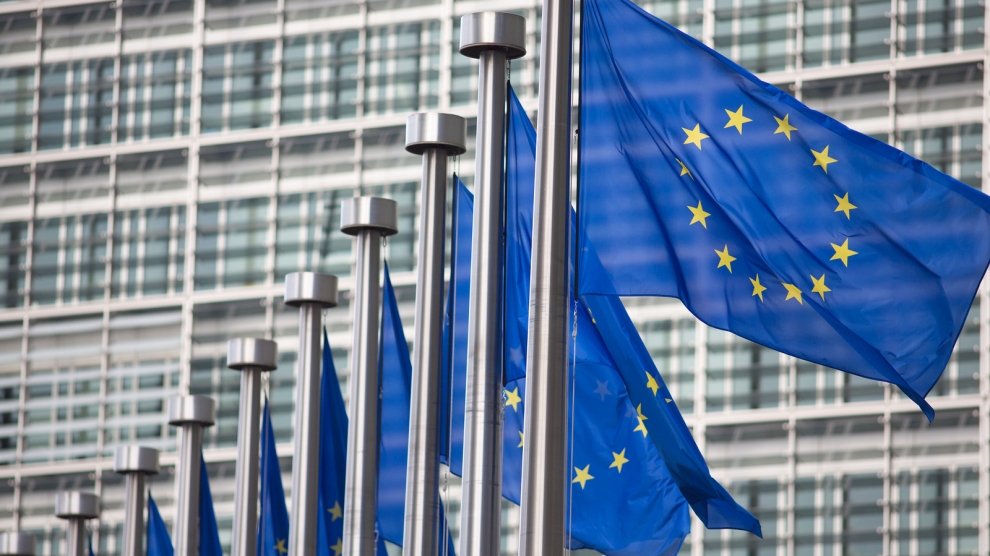Free and fair trade is absolutely needed when it comes to raw materials from recycling that are meeting international industrial specifications and for which the market is both European and global, said Emmanuel Katrakis, secretary general of the European Recycling Industries’ Confederation in a Bureau of International Recycling (BIR) webinar this week.
Extending restrictions to materials from recycling which are “unlikely to pose any problem” if exported beyond the EU would be akin to “throwing the baby out with the bath water,” he says. “Recycling is intrinsically resource-efficient and climate-efficient,” adds Katrakis.
The webinar was hosted under a cloud of apprehension ahead of the imminent release of the European Commission’s proposed revision of EU waste shipment regulations, Kallanish notes.
The draft proposal scheduled for publication on 17 November appears to demand much tighter rules for EU exports of green-listed waste, covering a number of raw materials from recycling (RMR), except in cases where the conditions applied in the receiving country are “broadly equivalent” to those within the EU itself.
“The circular economy exists already – it’s just that it’s not local,” declares IEC chairman Olivier François of Galloo in Belgium/France. “It’s a circular economy at a global level. This circular economy is working.” EU export restrictions could well lead to retaliatory action by other countries, he warns.
The Institute of Scrap Recycling Industries is “very, very worried” about the likely content of the European Commission’s draft proposal, confirms Adina Adler, the US body’s vice president of international affairs. “Free and fair trade of recycled commodities works,” she says, adding that export restrictions would negatively impact jobs, local economies and tax revenues, as well as potentially compromising recycled content and circular economy requirements.
Concern was expressed by BIR trade & environment director Ross Bartley that the impact of an EU export ban or restrictions “may well be felt very quickly.” During the financial crisis in 2008-2009, he recalls, markets collapsed but collections continued largely as before, resulting almost immediately in storage problems.
Rather than export restrictions, the EU should be concentrating on rewarding benefits accrued from recycling so as to “level the playing field with virgin materials,” argues Katrakis. “When it comes to market- and fiscal-based incentives, there is absolutely nothing.”
Burcak Alpman Turkey






